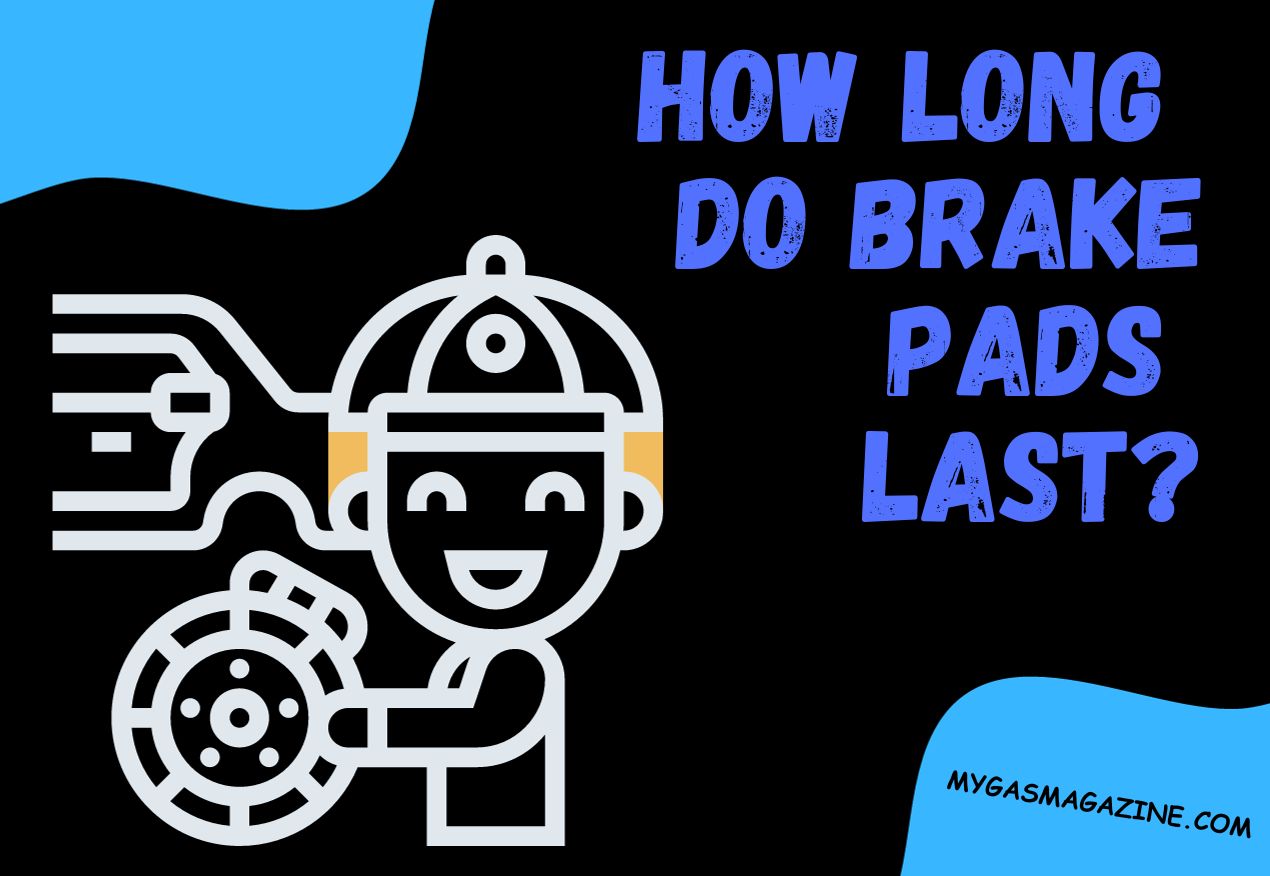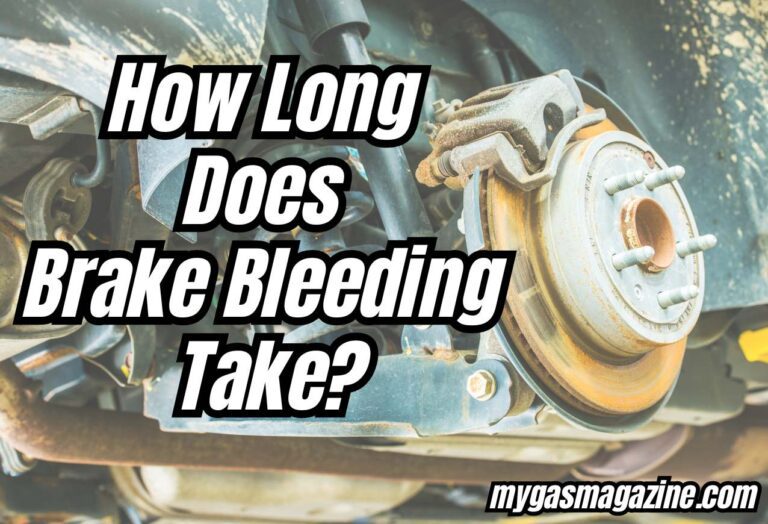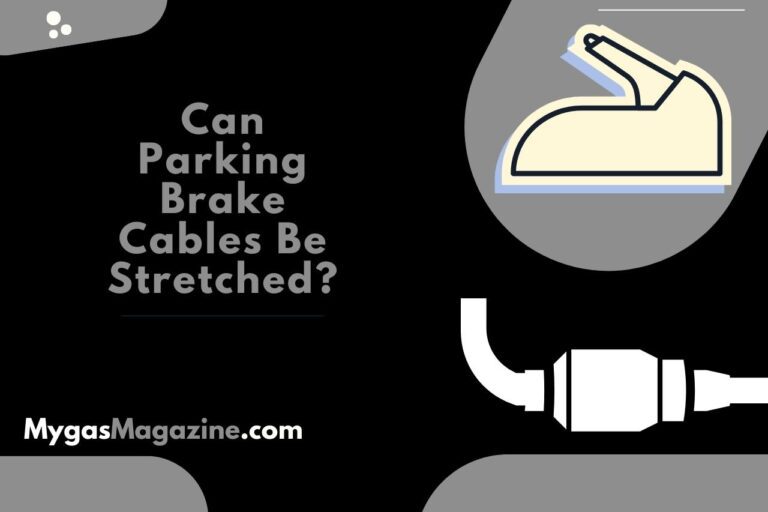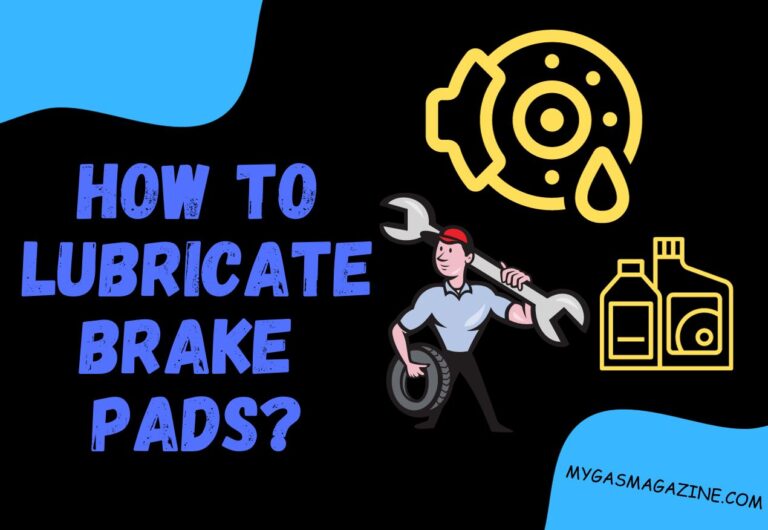How Long Do Brake Pads Last? Different Types Explained
If you love your vehicle, it is highly important to know the average lifespan of your car components. In this particular piece, we will be discussing how long brake pads can last.
When the vehicle’s brake pads have come to the end of their life, it will be shown through different indications; you will be able to know those signs from this blog post. What’s more, we are happy to provide you with some key practices that enhance the lifespan of your brake pads.
How Long do Brake Pads Last?
In general, brake pads can last between 30,000 to 70,000 miles, but this can vary. In our experience, several factors influence the brake pads lifespan:
- Driving Habits: Frequent hard braking, especially in aggressive driving, leads to quicker wear.
- Type of Brake Pads: Will explain this later in the article.
- Traffic Conditions: Regular city driving with stop-and-go traffic wears pads faster compared to smooth highway driving.
- Vehicle Weight: Heavier vehicles exert more pressure on brake pads, causing them to wear down sooner.
- Pad Material: Ceramic pads often last longer than organic ones; however, this can vary based on the brand and quality.
- Vehicle Type: Different car models may have unique brake pad wear patterns due to their design.
Some vehicles need frequent brake pad replacements while others do not and it’s the same with replacement cost. You should look for signs of brake pads tear and wear and listen for noise, indicating it’s time for a brake pads change.
Also, follow your car’s manual for recommended replacement intervals or consult a mechanic for accurate guidance. In addition, we recommend you check if your warranty covers the brake pad replacement to make the process more affordable.
Does the Type Decide the Durability of Brake Pads?
Yes, the type of brake pads significantly affects their durability. Brake pads are made from various materials, each with different characteristics affecting the lifespan of brake pads and performance. Here are the main types and their projected durability.
Organic Brake Pads: These tend to have the shortest lifespan. On average, they can last anywhere from 20,000 to 40,000 miles. However, this can be shorter with frequent hard braking or heavy use.
Semi-Metallic Brake Pads: These are more durable than organic pads. They generally last between 30,000 and 70,000 miles. Their lifespan can be influenced by driving style and conditions.
Ceramic Brake Pads: Known for their longevity, ceramic pads can last between 40,000 and 80,000 miles. They tend to perform well over a wide range of conditions, which contributes to their extended lifespan.
Low-Metallic NAO Brake Pads: These typically fall somewhere between organic and semi-metallic pads in terms of lifespan, often lasting around 30,000 to 60,000 miles, depending on usage and driving conditions.
How do I Know When My Brake Pads Need Replacement?
When your brake pads need replacement, the following signs can be noticed. In addition to understanding the mileage of brake pads, knowing when to replace them is key for safe driving. Based on our experience, here’s how you can spot when it’s time:
Listen for Sounds
Squealing noise means the wear indicator is hitting the rotor. In addition, a deeper grinding sound indicates the brake pads are severely worn, potentially harming the rotors.
Physical Changes
If the brake pads are thinner than 1/4 inch need replacing. Some pads have a groove or strip that shows when they’re worn.
Differences in Performance
A spongy brake pedal can signal worn brake pads. Importantly, if stopping takes longer, it can be a potential indicator of worn brake pads.
Dashboard Warning Light
If the brake system light comes on, it’s highly recommended to get your brakes checked immediately.
How to Make Brake Pads Last Longer?
In order to make brake pads last longer, you should change even your daily driving habits. Extending the life of your brake pads is possible with the right habits and maintenance. From our experience in vehicle care, here are effective strategies to enhance the longevity of brake pads:
Adapt Driving Habits:
- Keep a safe distance from the car ahead to reduce sudden braking.
- It is highly important to apply brakes gently rather than abruptly.
- Extra weight in your car means more braking effort.
Vehicle Maintenance:
- Regular tire rotations and alignments prevent uneven pad wear.
- Ensure the brake fluid is at the correct level and not contaminated.
Choose Quality Brake Pads:
- Ceramic pads usually last longer than organic ones.
- Cheap brake pads wear out faster and may affect braking quality.
Additional Tips:
- Parking on level grounds reduces pressure on the brakes.
- Using the parking brake lessens the load on brake pads when parked.


Meet Lakith, the driving force behind MyGasMagazine.com. A seasoned mechanic with over 7 years of hands-on experience in our family-run Gas Mag Garage, Lakith combines his technical expertise with a deep passion for cars. His journey in the automotive world began alongside his father, learning the intricacies of car repair and maintenance. Today, as the founder of MyGasMagazine.com, Lakith shares his wealth of knowledge, offering readers a unique blend of practical advice, industry insights, and engaging stories from the vibrant car culture of Sri Lanka.


![Brake Booster Not Getting Enough Vacuum [Causes And Fixes]](https://mygasmagazine.com/wp-content/uploads/2024/04/Add-a-heading-9-768x524.jpg)




![Do Brake Pads Have Asbestos? [Pros and Cons]](https://mygasmagazine.com/wp-content/uploads/2023/12/How-Long-do-brake-pads-last-2-768x530.jpg)
One Comment
Comments are closed.